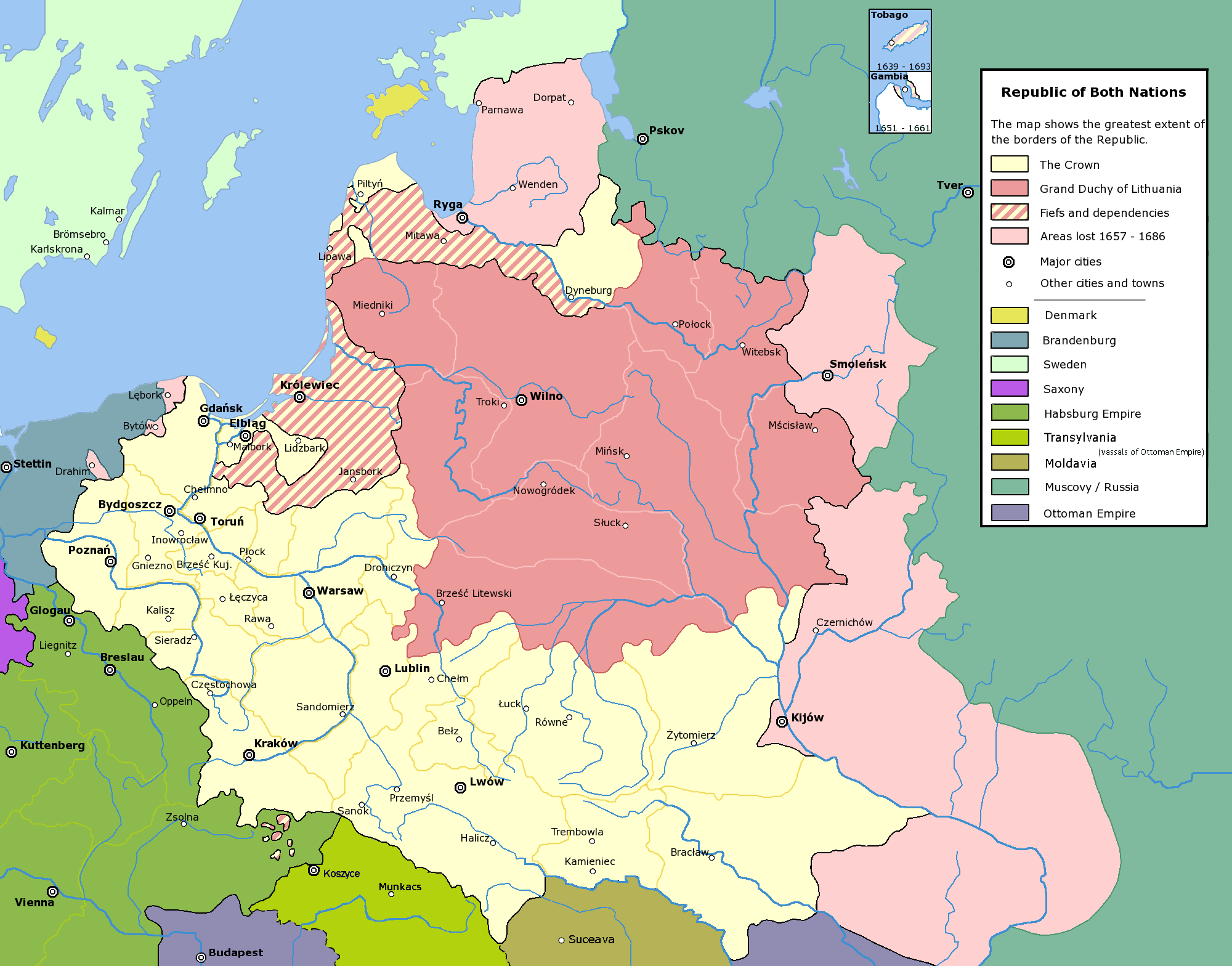|
Jewish Surnames
Jewish surnames are family names used by Jews and those of Jewish origin. Jewish surnames are thought to be of comparatively recent origin; the first known Jewish family names date to the Middle Ages, in the 10th and 11th centuries CE. Jews have some of the largest varieties of surnames among any ethnic group, owing to the geographically diverse Jewish diaspora, as well as cultural assimilation and the recent trend toward Hebraization of surnames. Some traditional surnames relate to Jewish history or roles within the religion, such as Cohen ("priest"), Levi, Shulman ("synagogue-man"), Sofer ("scribe"), or Kantor ("cantor"), while many others relate to a secular occupation or place names. The majority of Jewish surnames used today developed in the past three hundred years. History Historically, Jews used Hebrew patronymic names. In the Jewish patronymic system the first name is followed by either ''ben-'' or ''bat-'' ("son of" and "daughter of," respectively), and then the f ... [...More Info...] [...Related Items...] OR: [Wikipedia] [Google] [Baidu] |
Surname
In some cultures, a surname, family name, or last name is the portion of one's personal name that indicates one's family, tribe or community. Practices vary by culture. The family name may be placed at either the start of a person's full name, as the forename, or at the end; the number of surnames given to an individual also varies. As the surname indicates genetic inheritance, all members of a family unit may have identical surnames or there may be variations; for example, a woman might marry and have a child, but later remarry and have another child by a different father, and as such both children could have different surnames. It is common to see two or more words in a surname, such as in compound surnames. Compound surnames can be composed of separate names, such as in traditional Spanish culture, they can be hyphenated together, or may contain prefixes. Using names has been documented in even the oldest historical records. Examples of surnames are documented in the 11th ... [...More Info...] [...Related Items...] OR: [Wikipedia] [Google] [Baidu] |
Ashkenazic Jews
Ashkenazi Jews ( ; he, יְהוּדֵי אַשְׁכְּנַז, translit=Yehudei Ashkenaz, ; yi, אַשכּנזישע ייִדן, Ashkenazishe Yidn), also known as Ashkenazic Jews or ''Ashkenazim'',, Ashkenazi Hebrew pronunciation: , singular: , Modern Hebrew: are a Jewish diaspora population who coalesced in the Holy Roman Empire around the end of the first millennium CE. Their traditional diaspora language is Yiddish (a West Germanic language with Jewish linguistic elements, including the Hebrew alphabet), which developed during the Middle Ages after they had moved from Germany and France into Northern Europe and Eastern Europe. For centuries, Ashkenazim in Europe used Hebrew only as a sacred language until the revival of Hebrew as a common language in 20th-century Israel. Throughout their numerous centuries living in Europe, Ashkenazim have made many important contributions to its philosophy, scholarship, literature, art, music, and science. The rabbinical term '' ... [...More Info...] [...Related Items...] OR: [Wikipedia] [Google] [Baidu] |
Ashkenazi
Ashkenazi Jews ( ; he, יְהוּדֵי אַשְׁכְּנַז, translit=Yehudei Ashkenaz, ; yi, אַשכּנזישע ייִדן, Ashkenazishe Yidn), also known as Ashkenazic Jews or ''Ashkenazim'',, Ashkenazi Hebrew pronunciation: , singular: , Modern Hebrew: are a Jewish diaspora population who Coalescent theory, coalesced in the Holy Roman Empire around the end of the first millennium CE. Their traditional diaspora language is Yiddish (a West Germanic languages, West Germanic language with Jewish linguistic elements, including the Hebrew alphabet), which developed during the Middle Ages after they had moved from Germany in the Middle Ages, Germany and France in the Middle Ages, France into Northern Europe#UN geoscheme classification, Northern Europe and Eastern Europe. For centuries, Ashkenazim in Europe used Hebrew only as a sacred language until Revival of the Hebrew language, the revival of Hebrew as a common language in 20th-century Israel. Throughout their numerous ... [...More Info...] [...Related Items...] OR: [Wikipedia] [Google] [Baidu] |

